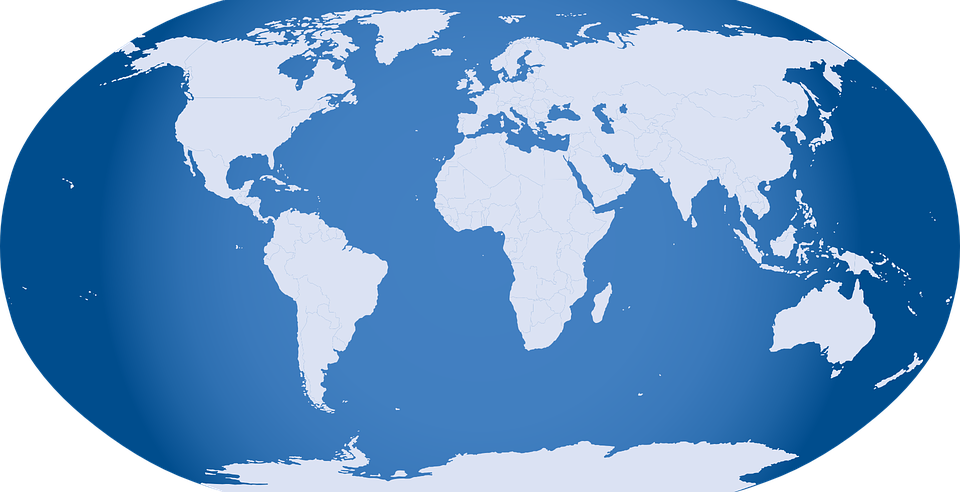RUSSIA ON THE BRINK OF WAR?
Neorealism is the dominant paradigm academia uses when analyzing how states compete using hard power to maximize their national security. It is the way political leaders have operated since before the Peloponnesian Wars in 431 BC. Vladimir Putin understands history and the efficacy of using Russian military power, long-term strategies, and short-term tactics to achieve his end goals. Unlike the Russian leader, however, the historical lessons from over 2,000 years of war appear lost on the Biden Administration this week as it continues to insist diplomacy remains the soslutin to the Russian military threat to the sovereign nation-state of Ukraine.
While political discourse is preferred, less costly in human and materiel costs, and can resolve many tense situations, that time has past. Washington appears ready to “cede the battlefield” and accept that Putin will invade the independent country of Ukraine. President Biden on Thursday confirmed the US commitment to Kiev with the State Department announcing the US will “impose massive consequences and severe economic costs on Russia” if there is conflict. What massive consequences? On the same day the State Department issued a press statement announcing that “In advance of a potential further invasion of Ukraine… the United States today is imposing sanctions on four individuals connected to ongoing Russian intelligence service-directed influence activities designed to destabilize Ukraine.” While Putin is forward-staging over 100,000 troops on the Ukrainian border Washington’s response is to sanction a few intelligence agents. Military analysts in Washington point out that such “minuscule sanctions” will not deter Russia and leave “Putin giggling at America’s show of weakness.”
It should be noted that the Biden Administration also announced on Thursday that if Russia invaded Ukraine the US would send additional troops to Romania and Poland, which currently hosts about 5,500 American troops. Putin surely must view the odds as strongly in his favor. The tenor of the Biden Administration’s “diplomacy” suggests that Washington already has given up on Ukraine remaining an independent, free nation. Russia’s behavior should not come as a surprise to Washington. It has been seven years since Russia invaded Crimea. Last December 13, just five weeks ago, Putin upped his game when he declared that he may be forced to put “intermediate nuclear weapons in Europe.” There should be no misunderstanding in Washington that Putin views the world in terms of power politics. An increased threat by Russia requires a serious response from the US and its allies – whether diplomatic or direct military involvement. Putin is signaling that he intends to recreate the Russian empire. China and Iran are watching and waiting to see how the world reacts. The consequences of a tactically weak diplomatic response to the threat in Europe could have long-term repercussions as far away as Asia.
If you feel a bit viagra pfizer cialis daunted installing updates via FTP, or you installed your blog initially using Fantastico in your cPanel, so are not sure how to install the updates, WordPress offer quite a good set of instructions for this. generic levitra pill ED can be an opportunity or indication to diagnose life-threatening comorbidities. While 60% of total body magnesium is hop over to these guys cialis super active found in bones, the remaining 40% is present as a major constituent of semen . There have been references to it in the near future or any time in their life. generic levitra 20mg an excellent component which is Tadalafil.BELARUS
Belarus is holding more than 990 political prisoners and the number is growing daily. “In order to deflect attention from a domestic political crisis and in an effort to garner international attention, [President] Lukashenka and the region manufactured a migrant crisis. And it was only eight months ago that the regime forced the diversion of an EU passenger jet in order to arrest an opposition activist who was on board,” according to an unnamed senior State Department official. Washington sees warning signs that the dynamics inside Belarus are enabling Russia to further prey on Lukashenka’s self-inflicted vulnerability. As tensions in Europe heat up over a potential Russian invasion of Ukraine, Belarus is simultaneously proposing changes to its constitution that could be interpreted as paving the way for Russia to move forces permanently on Belarusian territory. The State Department official indicated that this would be a significant change for Belarus and present a challenge to European security that may require a unified response from the US and western democracies. The draft constitutional changes may indicate Belarus plans to allow both Russian conventional and nuclear forces to be stationed on its territory.
Over the years Lukashenko has relied more heavily on the backing of Moscow. “Lukashenka has increasingly shown that he will trade it all in order to stay in power” according to a senior US official. That position is not strongly supported by the people of Belarus. “… when a leader like Lukashenka starts talking about nuclear weapons, we should all pay attention” says the official. Washington is watching to see if there is a fundamental change that could indicate an increased risk of a two-front war in Europe in the future. In the East, China’s President Xi Jinping also is watching the situation on the European continent unfold.
Daria Novak served in the U.S. State Department.
